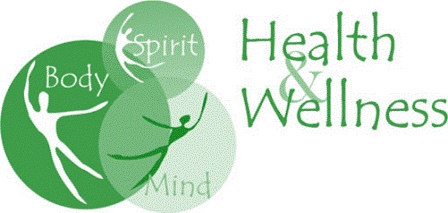(Originally published in aspIRe magazine Issue 18)
Aside from being a strict vegetarian, I am a staunch advocate of holistic health and wellness. And I walk my talk! I work out, do my yoga asanas (poses), go cycling and I swim. I make it a point to do at least one physical activity every day and I want to share with you some of the tools that I use to maintain a sound mind and body.
Fitness Programme: The Rip 60
I like working out and I have been using the Rip 60 for a while now. It uses your bodyweight along with the Rip 60 equipment for a well-rounded workout covering flexibility, strength, stability and balance.
Weights: Kettlebells
I use kettlebells in my workout at least once a week. It is a cast-iron or cast steel weight that looks like a cannonball with a handle. In the 1700s it was a tool to weigh crops but now, it is used as equipment for exercises that combine cardiovascular, strength and flexibility training.
Application: MapMyRide
When I’m cycling, I use the MapMyRide mobile app. It uses the built-in GPS of your mobile device to track all your fitness activities. It’s got route tracking, social media sharing, site integration (stores all your historical workout data) and training log (records duration, distance, pace, speed, elevation and calories burned data for each workout).
Book: Anatomy of Yoga
Yoga is my way of life; it is the intrinsic and instinctive essence of my being. I live it and teach it. I’m now a yoga master at the Singapore School of Mediation and Yoga and for me to be an effective teacher, it’s essential that I continue learning. One of the books I’m reading is Anatomy of Yoga: An Instructor’s Inside Guide to Improving Your Poses by Dr Abigail Ellsworth. It helps me know more about the physiology of yoga asanas – the muscles that are engaged by specific poses, how to maximise the benefits of each pose and how to design a yoga routine to focus on problem areas.
Application: SoundCloud
Synonymous with prayer, meditation is actual practice of yoga. It connects the soul to the spiritual world, the realm of the Supreme Person. I upload mantras and bhajans chanting recordings of mine with friends and family on my SoundCloud page. To listen to some new tracks of meditative chanting, please visit www.soundcloud.com/japa16108.
Brain Training Programme: Lumosity
I use Lumosity to ensure that my brain remains sharp and healthy. It is scientifically designed and personalised and works out all aspects of the brain using fun scientific games that can be played on any device. It is backed by a team of research scientists with 40+ years of combined experience. I’m on it at least 15 minutes every day.
I believe in the importance of immersing ourselves in as many physical and mental activities as we can. Aside from the fact that activities keep us active and fit, they also help us conquer self-doubts and fears, to achieve the best version of ourselves.
READ ALSO: Stop Hammering Your Thumb

